Spring SIRCuit
With sports enthusiasts eagerly awaiting the arrival of the Tokyo Olympic and Paralympic Games, this edition of the SIRCuit tells compelling stories about how athletes and sport organizations adapted and thrived in the lead-up to the Games. Other topics include Safe Sport, climate change, and how universities can leverage major games legacies.
Key Topics
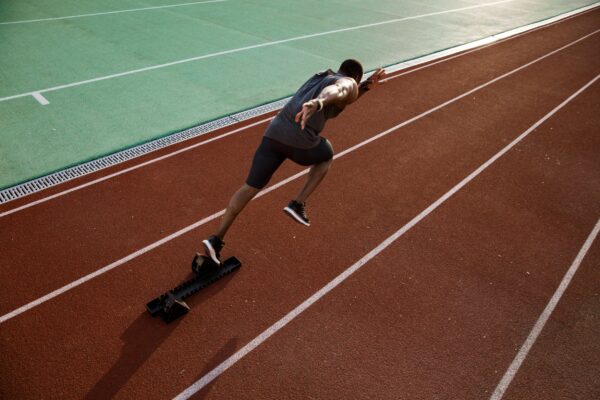
Athlete insights are being factored into key policy and program decisions on a growing list of priorities that includes safe sport, anti-doping, the March 2020 withdrawal of Team Canada from the 2020 Tokyo Games, and the rightful place for protest at an Olympic or Paralympic Games.
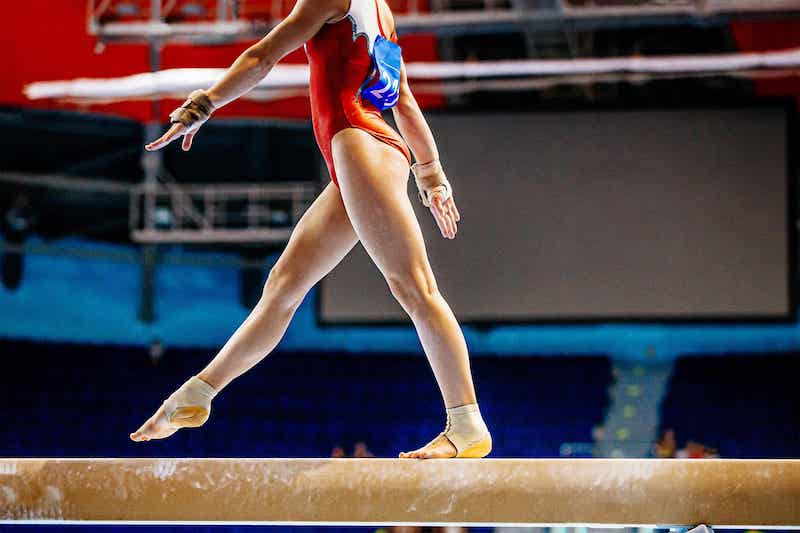
The Safe Sport movement is about optimizing the sport experience for all—athletes, coaches, sport administrators, and others. At the same time, challenging traditionally accepted assumptions and practices can cause uncertainty, anxiety, and resistance. Learn how education and support are key to achieving the goals and vision of Safe Sport.
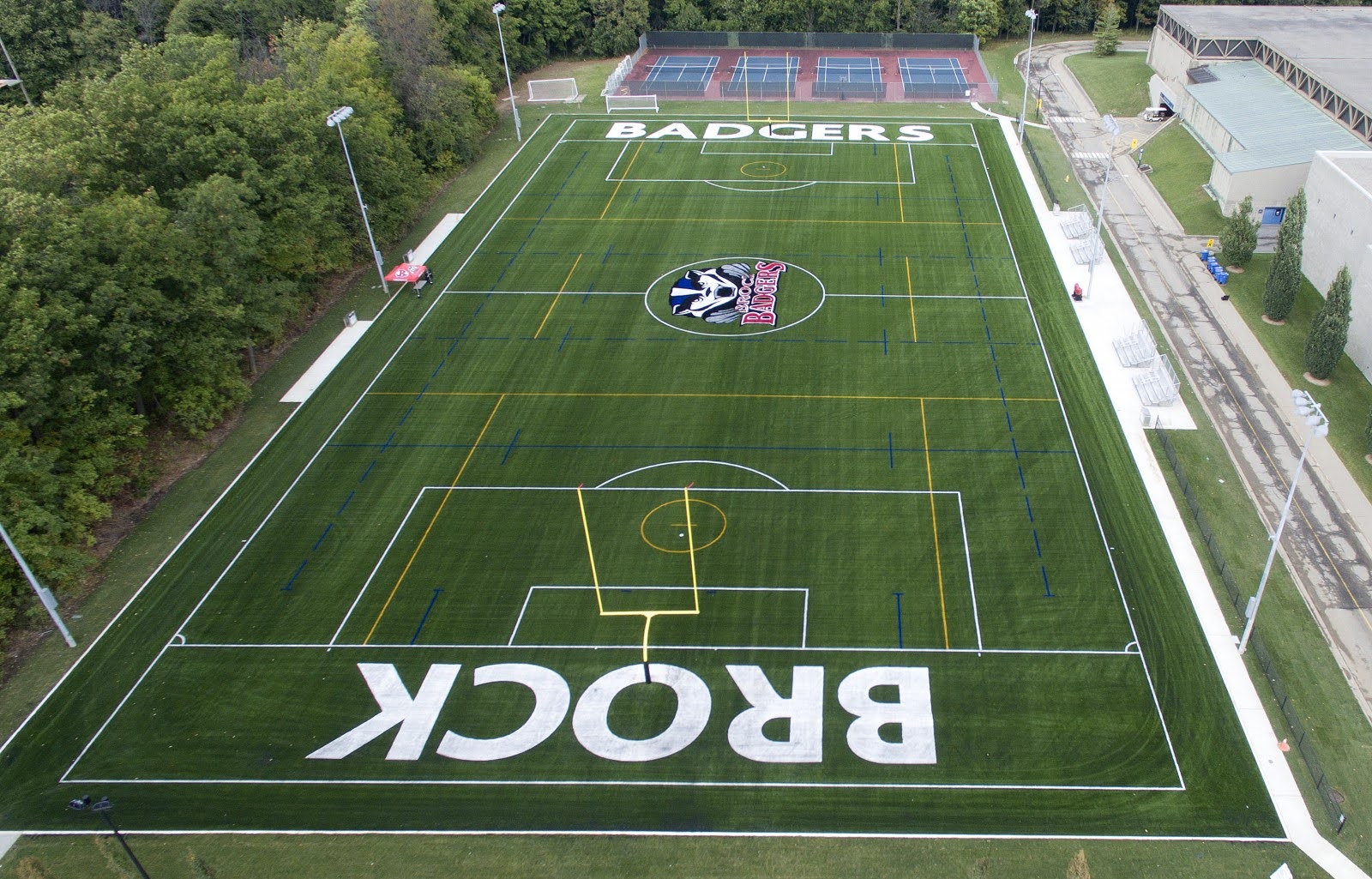
When we think of legacies from major games, often we think of new facilities, increased engagement in sport and physical activity, or heightened feelings of national pride. As a key partner in the Niagara 2022 Canada Summer Games, Brock University took an additional approach, leveraging the Games to invest in research, build curricular connections, and enhance community engagement.
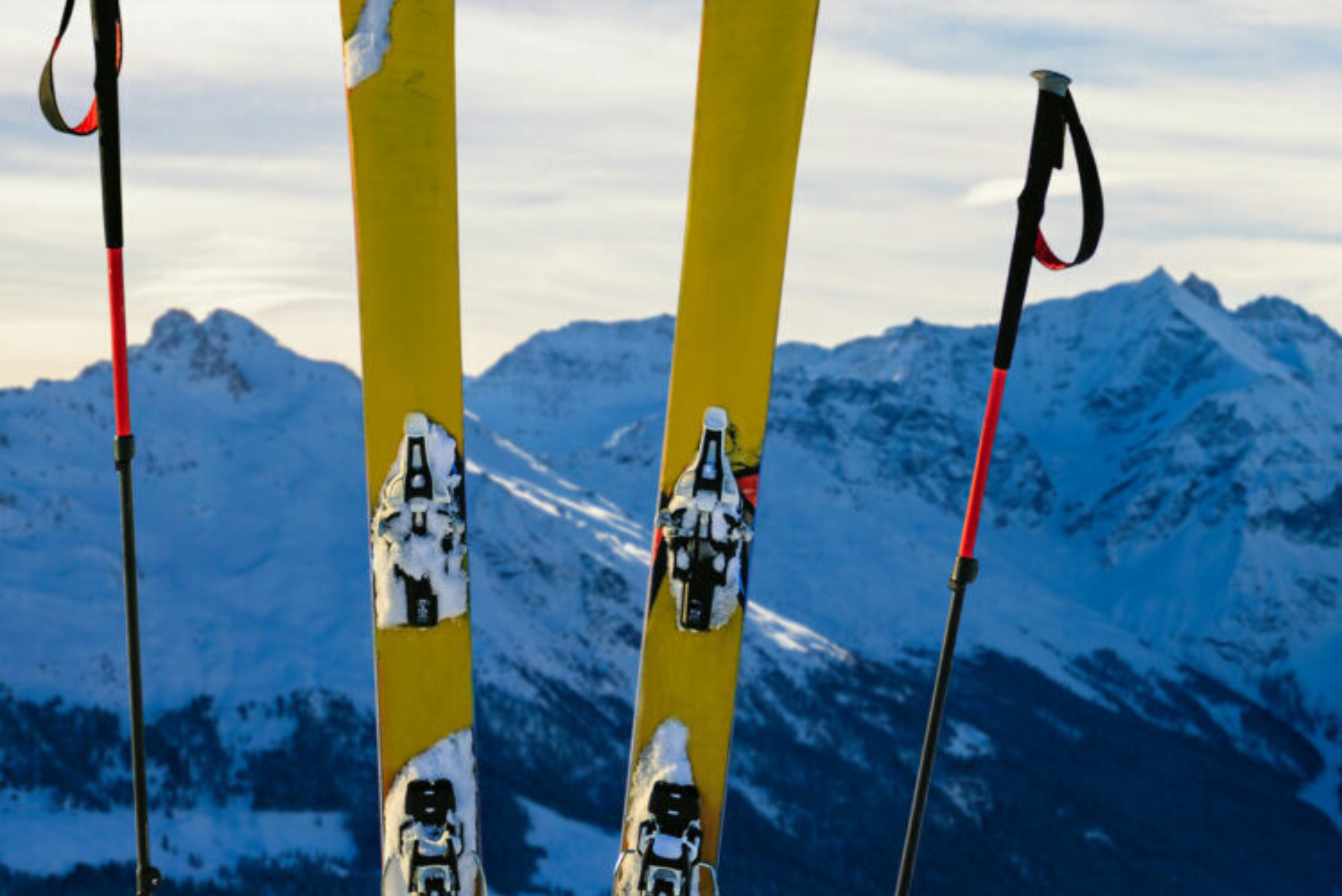
From unprecedented heat waves and forest fires to diminishing amounts of snow, both indoor and outdoor sports are vulnerable to the effects of climate change. Learn how sport organizations can prepare and adapt to minimize climate-related losses and disruptions.
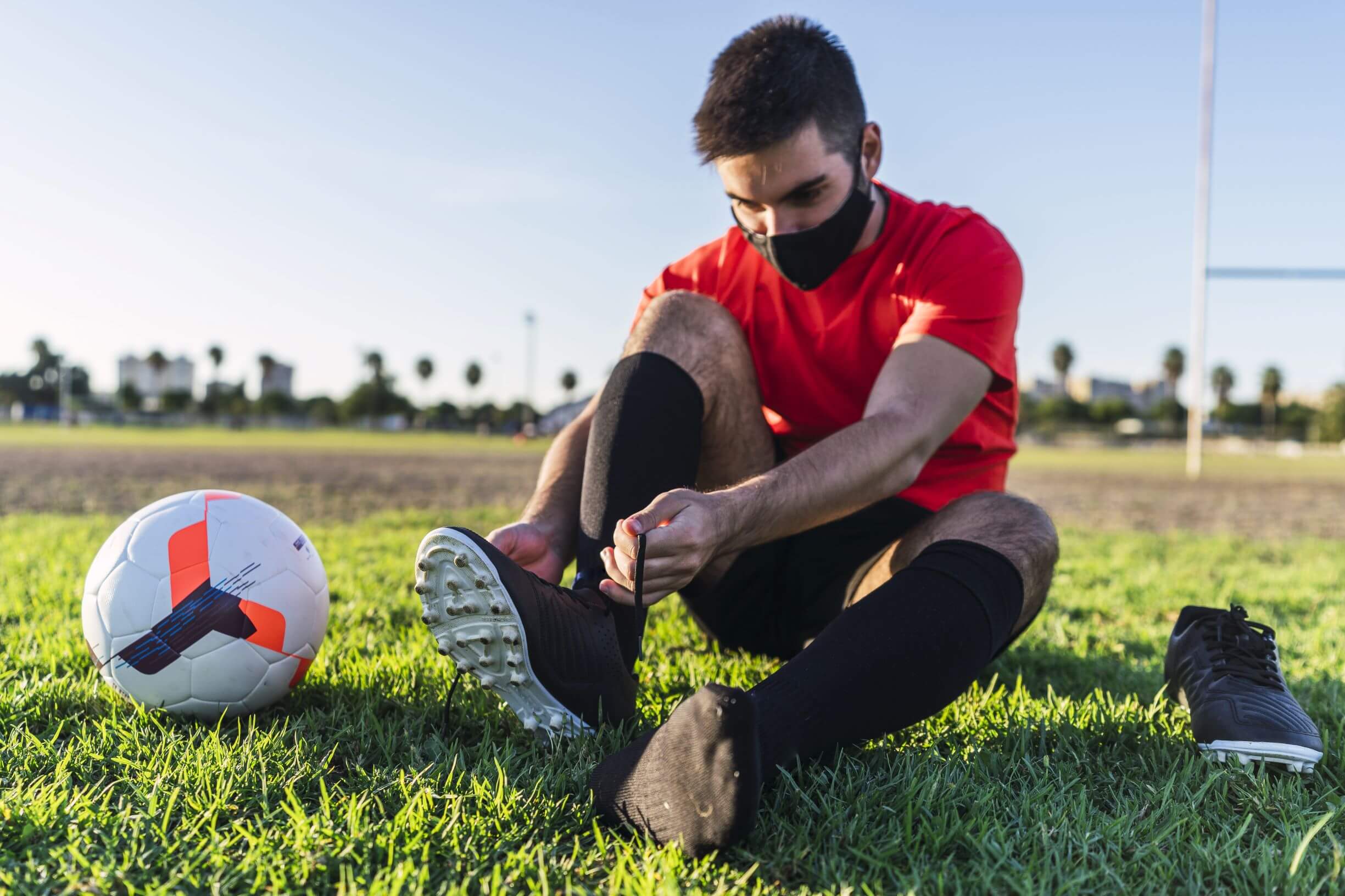
In the words of Dean McIntosh, Vice President of Hockey Canada, if you want to host a sport event during COVID-19, you have to prepare 10 different plans and expect to use the eleventh. Sport leaders from Hockey Canada, Curling Canada, Gymnastics Canada, Equestrian Canada, Swimming Canada, and Sail Canada share their learnings from hosting a sport event during the COVID-19 pandemic.